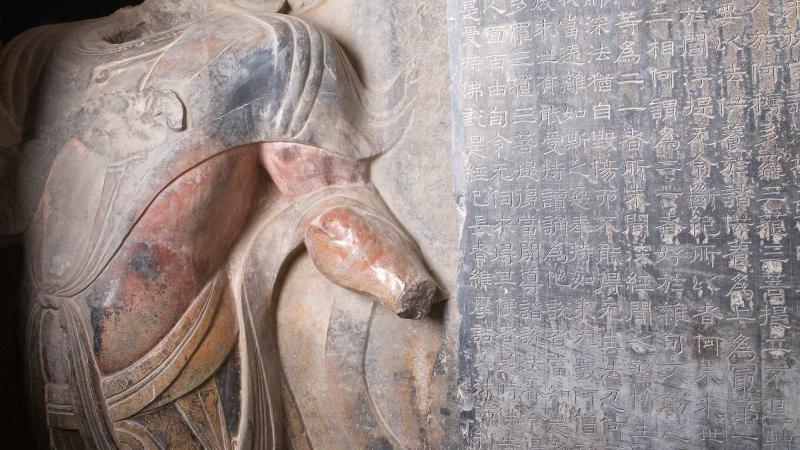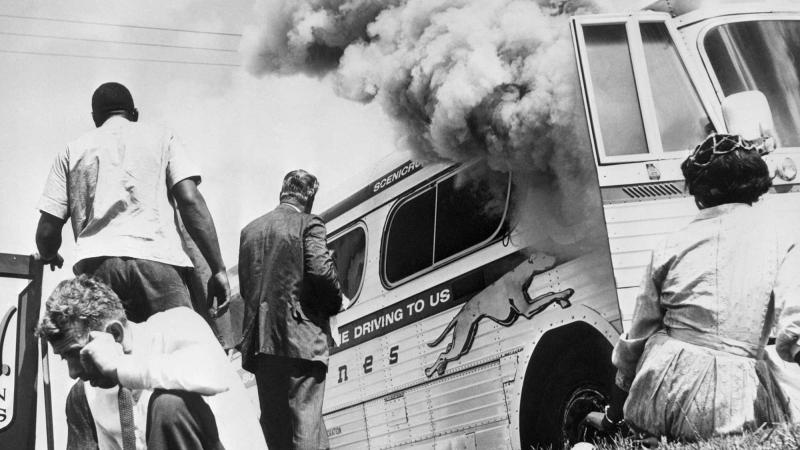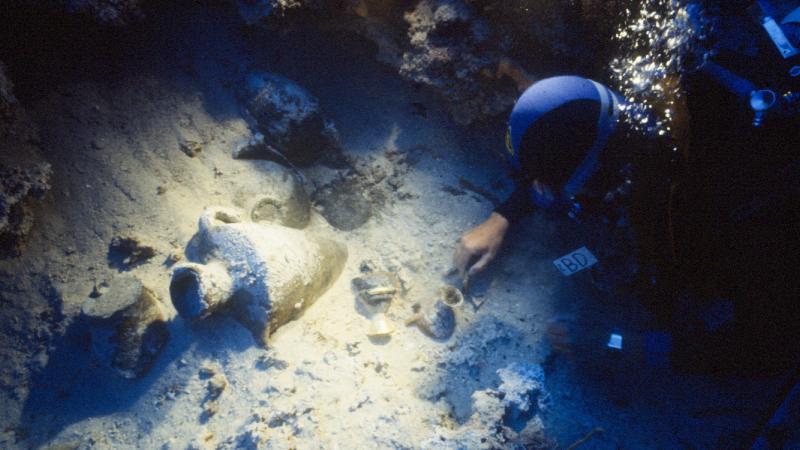"Boot Camp,” at least in a military context, may have connotations of severe discipline and rigorous physical training, but the one sponsored by the Warrior-Scholar Project is a transformational program of a very different kind. Aimed at helping veterans of our armed services transition from military to university life, it is free to participants and emphasizes academic and intellectual skills, and prepares them for “de-greening,” the change in lifestyle and challenges involved in moving from life in uniform to one in a university context.
Founded in 2012, the Warrior-Scholar Project began with a class of just nine veterans in residence for a week at Yale University. In the summer of 2017, the enrollment stands at 250 at 15 campuses, including such prestigious institutions as Harvard University, M.I.T., and Texas A&M University.
The approach to teaching academic skills, says Sidney Ellington, executive director of the program and himself a 20-year Navy veteran and retired SEAL officer, is both strategic and tactical. Strategically, the program teaches warrior-scholars interactional skills such as how to participate in university seminars and academic writing courses, taught by university professors of composition. Tactics focus on study techniques such as “Ninja reading,” the program’s distinctive approach to analyzing and critiquing academic texts.
This initiation into the academic world is intense: Veterans participating in the program spend around 14 hours a day in seminar discussions, intensive writing and reading workshops, and one-on-one tutoring sessions. The texts they study are classics: Alexis de Tocqueville’s Democracy in America, Thucydides’ The Peloponnesian War and Herodotus’ The Histories, excerpts from Thomas Paine and The Federalist Papers, as well as Civil War-period speeches such as Frederick Douglass’s “What, to the American slave, is your 4th of July?” and selected speeches of Abraham Lincoln, including the Gettysburg Address. The focus throughout relates to the veterans’ special experience. Readings are analyzed in relation to the national experience of war, and are used to address the electorate’s views of concepts such as liberty and equality in a democratic form of government.
A week may seem like scant time to assimilate such fundamental lessons, but, says Ellington, the figures speak for themselves. Two-thirds of Warrior-Scholar participants represent the first generation in their families to go to college. While the attrition rate of students attending four-year colleges hovers around 49 percent nationwide, for graduates of the Warrior-Scholar program it is just 8 percent. Nor are those warrior-scholars taking the easy route. Forty-two percent of its graduates have gone on to attend U.S. News and World Report top 20 universities.
Funded by donations and $780,000 in grants from the National Endowment for the Humanities since 2013, the Warrior-Scholar Project runs what Ellington describes as a “lean and mean” operation. Eighty-six percent of its $1.57 million annual budget goes to programming, with just 14 percent going to overhead and to the salaries of its staff of seven. The costs for attendance of each scholar at its one-week programs total about $4,000—a modest investment when compared with the success rates of participants.
In addition to the skills taught by the program, transitioning veterans praise the mentoring effects. An active Facebook group allows Warrior-Scholar graduates to assist each other with academic and professional issues. “This network,” notes former Marine, Warrior-Scholar graduate, and current Dartmouth College student Benjamin Eisner, “inspires people to do things they never would have done otherwise. . . I think it’s pretty common for veterans to feel as though they don’t have a place in top-tier schools, but the WSP network does a very good job of changing this.”
Written by Tom Christopher, a writer based in Connecticut.


